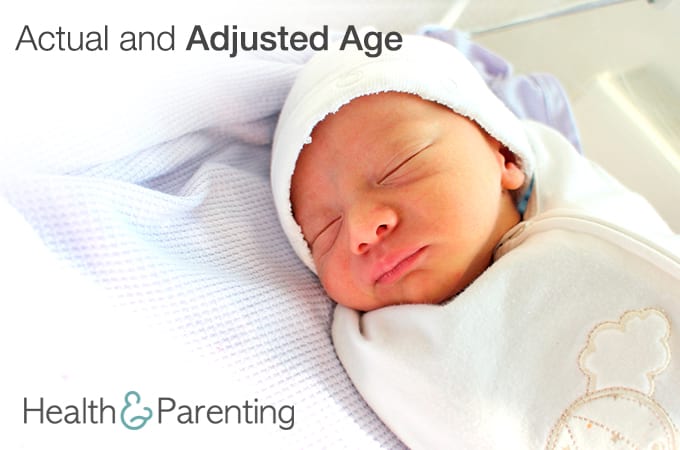Many parents of babies born prematurely worry about their child’s development. You may worry about whether he will be able to catch up with his peers, and may even find yourself comparing him to other babies. Babies born prematurely face enormous challenges at the very beginning of their life. They have amazing strength and determination. Many babies born prematurely have caught up with their peers by the time they are two years old. You may be wondering whether there are any steps you can take to encourage development in premature babies. Here are five easy things you can do to help your baby develop:
- Build a strong bond
Many premature babies spend time in the neonatal intensive care unit (NICU). This environment can be noisy, bright and, at times, chaotic. Though you spent plenty of time by your baby’s side, you may not have been able to hold him as often as you’d have liked. Once your baby has been discharged from the hospital, it’s time for you to focus on building a strong bond with your little fighter. Carve out time each day to spend enjoying skin-to-skin contact, invest in a sling or wrap so you can carry your baby easily and give baby massage a try. Touch is important for building a strong bond, so make sure you spend lots of time cuddling and interacting with your baby.
- Talk to your baby
Babies learn a lot from listening to you speak. They learn language skills and communications skills as well as developing a greater understanding of social interactions. The more you speak to your baby, the more words he’ll hear and the more opportunity he has for learning. If you’re struggling to find the words to say, read children’s books aloud to your baby at bedtime. Wearing your baby in a sling when out and about provides plenty of opportunities to talk to your baby. Point out things you see on your travels. From the safety of your chest, he’ll also have a front row seat to your conversations with other adults, allowing him to learn more about social interactions.
- Play
The best thing you can give your baby is time. He doesn’t care about fancy toys or expensive classes, he just wants to hang out with his mama. Life can get pretty hectic, so make sure you set aside some time each day to truly focus on your child. Sing songs, play games and explore objects of interest together. Try to engage him in activities that will stimulate all of his senses. Babies use their sense to learn about the world around them, so engaging your child in play will aid his development.
- Work with the doctor
One of the most important things you can do as a parent to a baby born prematurely is to continue to work with your baby’s doctors. Report any concerns and always listen to their feedback. Some premature babies need speech, physical or occupational therapy to help them development as they grow older. If your baby needs this additional help, the sooner it is provided, the better it will be. That’s why it’s important to keep communication open with your healthcare provider, be upfront and listen to their advice.
- Don’t compare
Pretty much all parents are guilty of comparing their offspring to other children. When you’re surrounded by babies, it’s only natural to notice who is crawling and who isn’t. It’s important to remember though, your baby had a more challenging start in life. Your baby is older than he should be, he was busy impressing you with his strength and courage when those other babies were still tucked up safely in their mama’s wombs. Don’t compare your baby to other babies. Remember, all babies are different.
What things do you do to encourage development in your premature baby?
Written by Fiona (@Fiona_Peacock), mother, writer and lover of all things baby related.
This information is not intended to replace the advice of a trained medical doctor. Health & Parenting Ltd disclaims any liability for the decisions you make based on this information, which is provided to you on a general information basis only and not as a substitute for personalized medical advice. All contents copyright © Health & Parenting Ltd 2016. All rights reserved.











